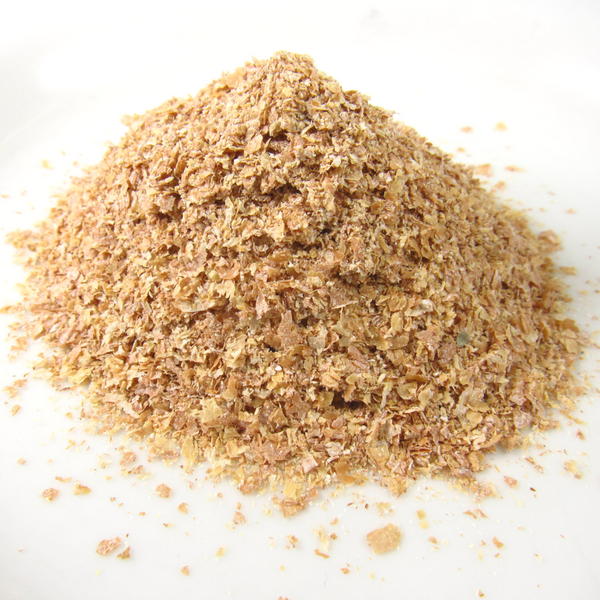How To Export Bran From Nigeria: The Best Way To Get Your Product Out Of The Country
How To Export Bran From Nigeria: The Best Way To Get Your Product Out Of The Country
Foreign trade is the trading of goods and services from one country to another. It also involves factors such as international finance, labor standards, and environmental policies. The movement of cash, goods, and services across international borders can be a tricky thing to do successfully. However, that doesn’t mean that it’s impossible. For those looking to export their products from Nigeria for sale in other countries, there are a few things you need to know before you get started. This post will give an overview on how to export your product from Nigeria by providing information on what steps you should take before exporting your product from Nigeria and while exporting your product from Nigeria.
The Process of Exporting a Product from Nigeria
Before exporting your product from Nigeria, you should have a clear understanding of what you need to do before exporting your product from Nigeria. This includes understanding the laws and requirements for export, which vary depending on the country of destination, complying with local regulation, and calculating the value of your goods.
During the process of exporting your product from Nigeria, you will need to consider the right packing method for your product. You will also need to determine the right shipping method for getting your product to its destination. If you are exporting your product from Nigeria by air, for example, you will need to determine if you will use a freight forwarder or an air cargo agent.
What steps do you need to take before exporting a product from Nigeria?
First, you need to determine what you want to export. It can be something tangible like machinery or something intangible like intellectual property. Then, you need to find out if the product is on the prohibited list for importation.
Next, you need to find out if the exporting country has any restrictions on the product that you are exporting. Once you find out what restrictions might apply, you can determine what you need to do in order to get your product through customs.
Finally, you need to get an export license if the product is on the prohibited list for importation. If it’s not on the prohibited list for importation, you don’t need an export license.
What steps do you need to take while exporting your product from Nigeria?
You will need to get an importer’s declaration of origin if your product is on the prohibited list for importation. Otherwise, you will only need an importer’s declaration of origin or importer-exporter code (IEC) for intangible products like intellectual property.
You will also need to get an invoice for your purchase so that customs can verify that it’s a legal export and not a smuggling attempt.
Finally, you’ll need to get an export certificate if your product
What steps should you take while exporting a product from Nigeria?
The first step to take when exporting your product from Nigeria is to get the proper documentation needed to export your product from Nigeria. This includes permits and licenses. You will also need to register your business with the Nigerian National Bureau of Statistics. Ensure that you have the proper documentation for the export products in Nigeria. You will need to have a certificate of origin for exports, a certificate of quality, and a certificate of origin for your imports.
The second step to take when exporting your product from Nigeria is to get in contact with a shipping company that specializes in international trade. This company will be able to help you export your product from Nigeria with ease.
The third step to take when exporting your product from Nigeria is to have an import/export agent with the foreign country you are exporting your product to.
The fourth step to take when exporting your product from Nigeria is to make sure you comply with all of the foreign country’s import/export laws. If you are exporting, make sure you comply with the import/export law in the country of destination.
The fifth step to take when exporting your product from Nigeria is, if possible, is to have a representative in the foreign country where you are exporting your product. This will
Conclusion
To conclude, the process of exporting your product from Nigeria is not an easy task. However, it can be done successfully with a little bit of planning and knowledge. We hope this post has helped you learn more about the process of exporting your product from Nigeria and how to go about doing it. If you’re interested in learning more about this topic, continue reading on. We’ve included some additional resources below for you to explore.








LEAVE A COMMENT
You must be logged in to post a comment.